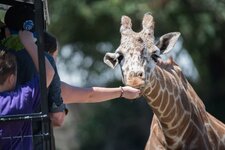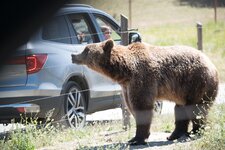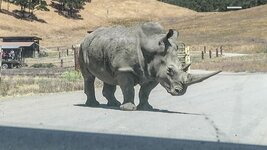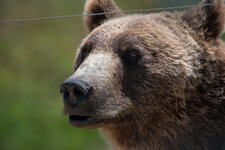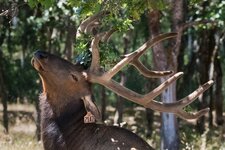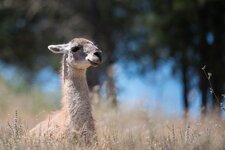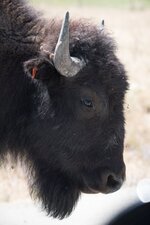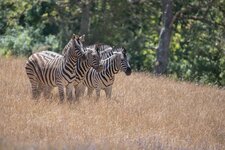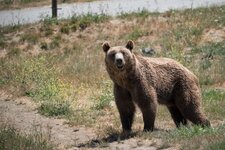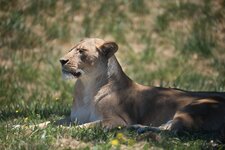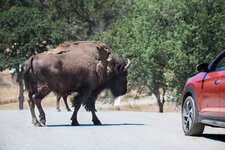Platinum Supporter
Gold Supporter
- Messages
- 5,045
- Reactions
- 11,603
Bring them up to Grant's Pass to Wildlife Images. It's a wildlife rescue and sanctuary.
They rescue and treat and rehab about 1,000 animals a year.
Some are released back into the wild, some stay and some go to other facilities/organizations.
They do great work and I think the wee ones would enjoy the experience.
They rescue and treat and rehab about 1,000 animals a year.
Some are released back into the wild, some stay and some go to other facilities/organizations.
They do great work and I think the wee ones would enjoy the experience.






